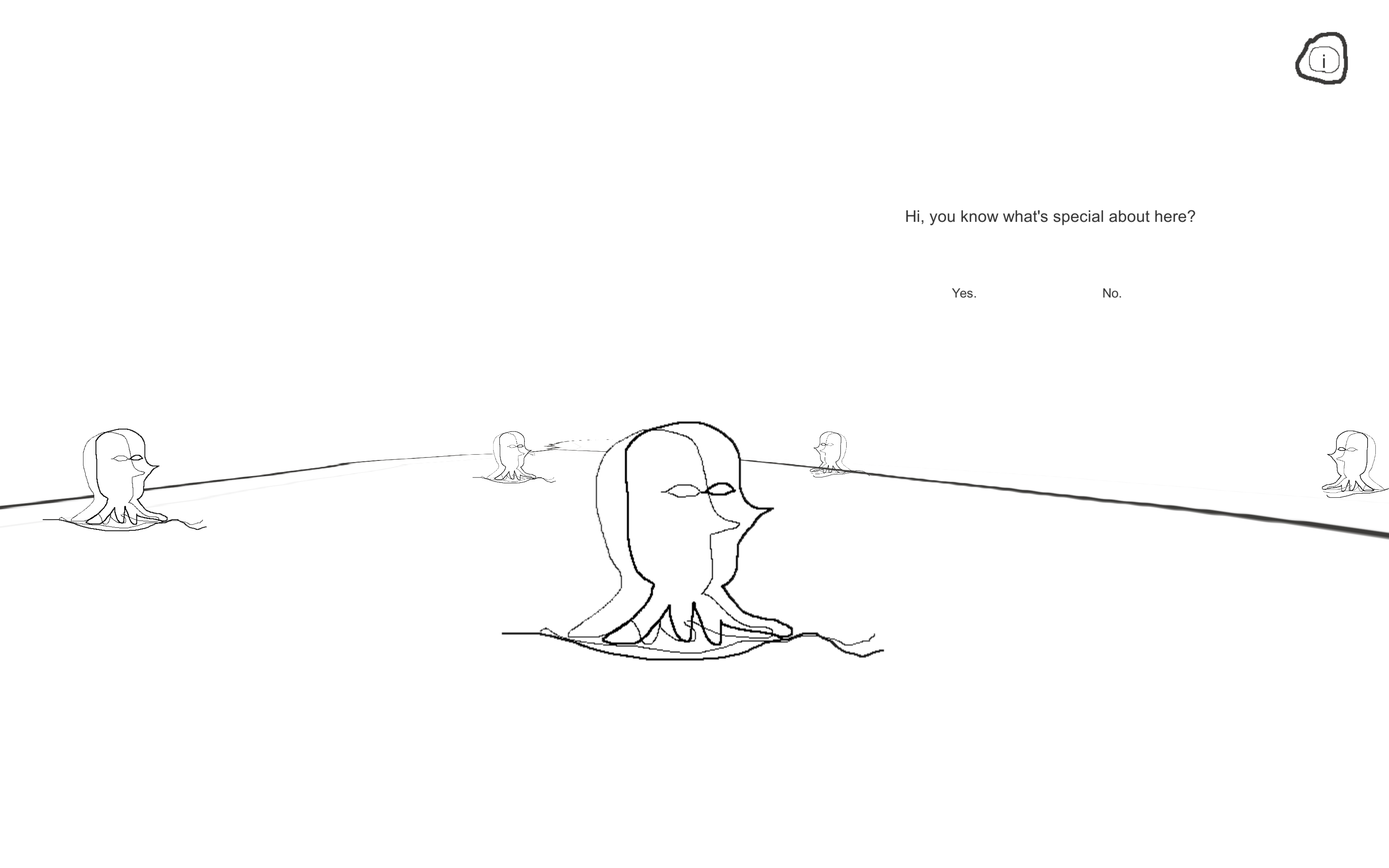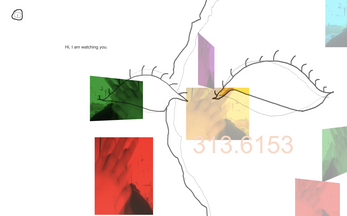Watch Man
A downloadable game
Watch Man
is an explicitly political video game positioned in critical opposition to surveillance systems.
Methodology
The day-to-day surveillance experience in China inspired my curiosity towards this phenomenon, as surveillance surrounds human life and eventually makes itself into a normality, changing form as culture changes to adapt. My game “Watch Man” is based on the research of “Michel Foucault, Discipline and Punish: The Birth of the Prison (Pantheon Books, in English,1975)”, “Josh Lauer, Surveillance history and the history of new media: An evidential paradigm (SAGA journals new media & society 2011)” and “Julian Assange, Cypherpunks: Freedom and the Future of the Internet (OR Books 2012)”. The aim of “Watch Man” is to illuminate the connections between Mass-Surveillance, Self-Surveillance and Self Exposure.
 - The origin of camera surveillance
- The origin of camera surveillance
According to Lauer, the use of camera technology explicitly as a surveillance tool can be traced back to the nineteenth-century. A ‘portable’ version of a camera was first introduced in the 1880s in the United States, and the physical convenience of the portable camera made it exponentially easier to take photos without people knowing it, yet the culture was also changing in ways that made even hiding the now easier-to-hide cameras unnecessary: “Yet in short time the ubiquity of portable cameras had already begun to acclimatize Americans to an emergent culture of surveillance.” ‘There is little need for hiding cameras nowadays,’ another writer observed, ‘as the public has become accustomed to the bombardment kept up from the pretty little highly-polished boxes’ (New York Times, 14 June 1891: 16). The widespread use, and excitement for, the portable camera can be taken as a starting point for the ability to create nonconsensual media in nineteenth-century’s larval media culture. The mere ability to take a certain kind of picture lead directly to a justification for taking that kind of picture. The ubiquity of the camera normalized a culture of nonconcentuality.
- The mass surveillance and self exposure
In the modern world, the term “mass surveillance technology” not only applies to security technology, such as public CCTV cameras installed by the state, it can also refer to systems that automate mass collection of personal data by non-state entities. As Jeremie Zimmermann suggest in the book Cypherpunks “It’s not only the state-sponsored surveillance, it’s the question of privacy......with Facebook you see the behavior of users who are very happy to hand out any kind of personal data, and can you blame people for not knowing where the limit is between privacy and publicity?” With this quote in mind, I ask whether Facebook's success is based on a culture of self-exposure, and which processes have incentivized such cultural behaviors? Jeremie Zimmermann later suggests that “Facebook makes its business by blurring the line between privacy, friends, and publicity. ” this categorical blurring of the personal mirrors an institutional blurring between the public and private sectors: Assange points out “even this line between government and corporation is blurred. If you look at the expansion in the military contractor sector in the West over the past ten years, the NSA, which was the biggest spy agency in the world, had ten primary contractors on its books that it worked with. Two years ago it had over 1,000. So there is a smearing out of the border between what is ‘government’ and what is ‘the private sector’.” Zimmermann argues that the access that Google and Facebook have to personal data, coupled with murky legal and social boundaries concerning this data, give these third parties license to act as de-facto extensions of US spy agencies.
- Panopticon and CCTV
Foucault describes the Panopticon as “a machine for dissociating the see/being seen dyad: in the peripheric ring, one is totally seen, without ever seeing; in the central tower, one sees everything without ever being seen. ” This is given clearest expression in CCTV, the power relationship is clear; the technological infrastructure installed in a building or public space by owners for the establishment of visible control. The surveillance system ‘continuously judges’; its physical presence changes a citizen’s behavior implicitly to conform to the standards set by those in power.
- Score system
The examination represents the techniques of an observing hierarchy; a gaze of normalized judgment that makes it possible to qualify, classify and punish. A Score, as the output of an examination, is essentially the entire function of examination, and ultimately defines and becomes the participant’s value within the judging system. I argue the scoring mechanism not only reflects the underlying knowledge culture of an education system, it also requires the depersonalization of the individual as a function of its translation of a hard-to-measure quantity (a human life) into a measurable data point that can now exist in place of a person.
Install instructions
- Please unzip the files and start the application.
- Please allow the system to use the camera.
